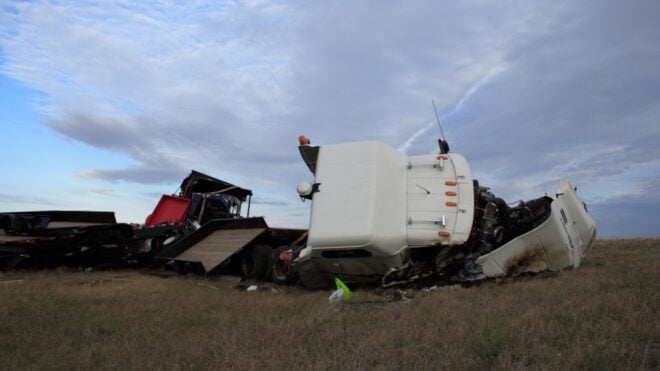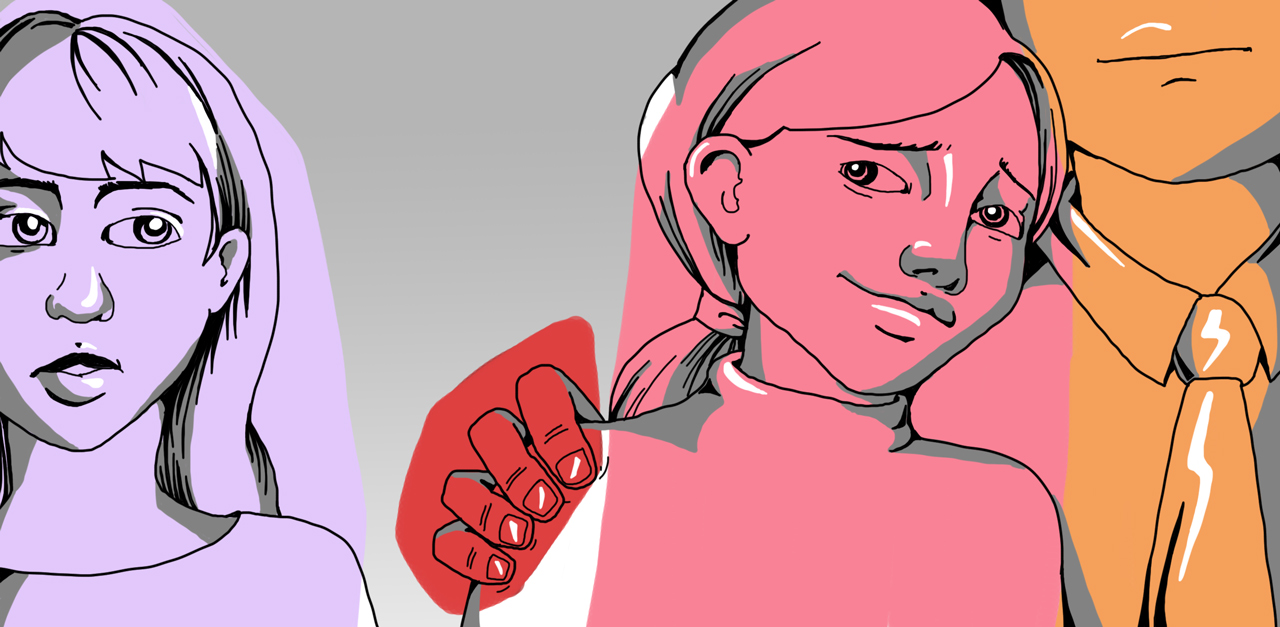
Sometimes, a seemingly perfect relationship is playing out very differently behind closed doors and can actually be categorized as an abusive relationship.
The National Coalition Against Domestic Violence estimates that 20 people are abused by a domestic partner every minute in the United States.
What's even scarier is that a third of all women have been victims of some form of violence at the hands of their significant other in their lifetime.
Just because domestic violence is prevalent doesn't mean that we should ignore it. Still, victims sometimes stay in these unhealthy relationships for a host of reasons: they are attached to their partner, they have children, they are financially dependent — the list goes on and on.
More from LittleThings: Keeping A Marriage Strong In The Wake Of Parenting Is Hard, Here's What The Experts Say
Do you have a gut-wrenching feeling that a friend is in a relationship that might be abusive? If so, you probably want to help.
We spoke with Rachel Goldsmith, the AVP of Domestic Violence Shelters at Safe Horizon, a victim assistance organization based in New York City, to learn about some of the signs that might suggest someone you know is in an abusive relationship.
1. Her Partner Doesn't Like It When She Spends Time With You
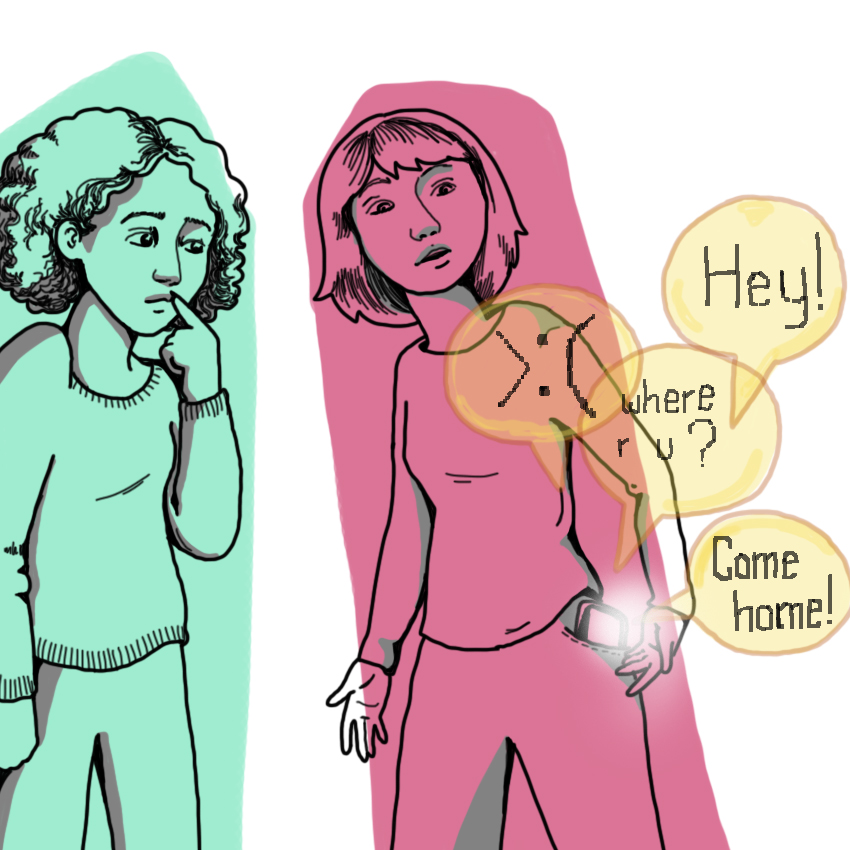
Spending less time with a friend after she enters a new relationship is normal.
However, there is a point where it can become excessive and signal that something isn't quite right.
Rachel of Safe Horizon told LittleThings that it is "common for abusive partners to not want their victims to have a life outside of their relationship."
If your friend's significant other is discouraging her from spending time with you, chances are they're also discouraging her from spending time with everyone else, too.
2. She's Started Dressing Differently
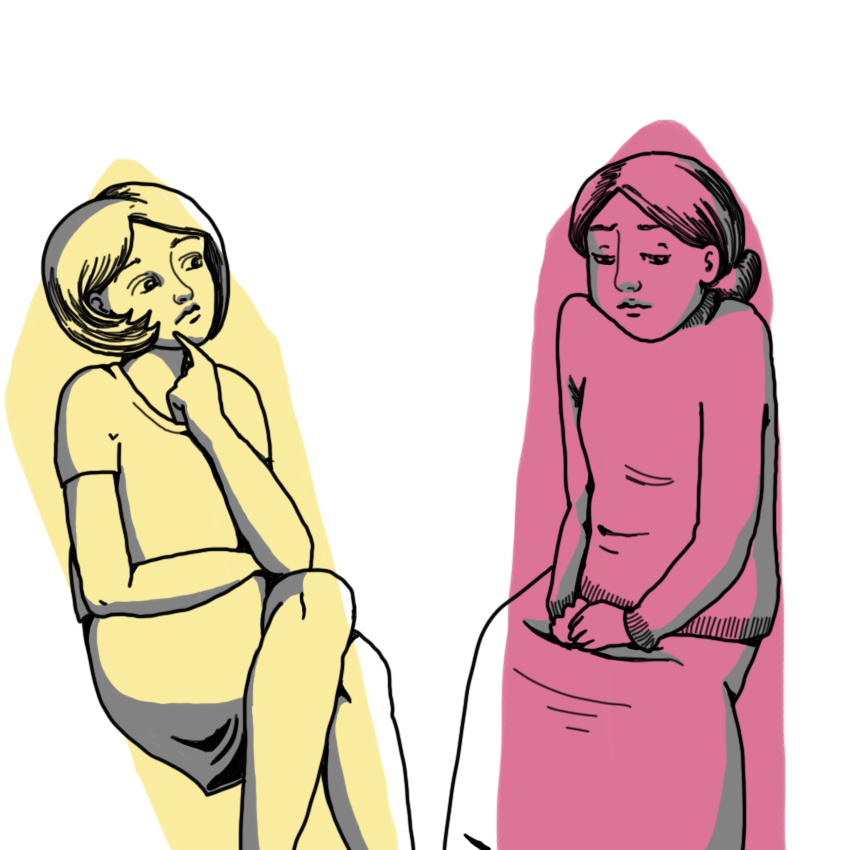
Someone may choose to change their style for many reasons, but if a friend who you're worried about has appeared to do so unwillingly, it might be a sign that her relationship is to blame.
Rachel tells us that a change in appearance is a red flag, especially "when the individual didn't want to make those changes, and they were made at the pressure of the partner."
3. She Starts Abruptly Canceling Plans
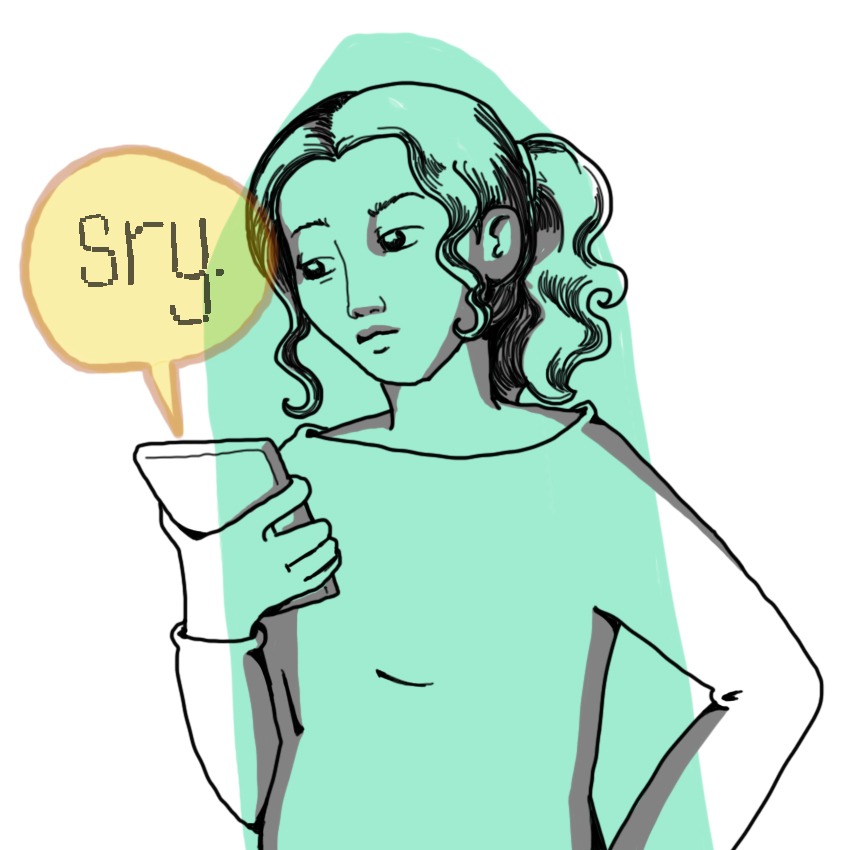
It's always a little disappointing when a friend has to cancel plans.
That being said, if canceling plans is out of character for your friend, and you have a feeling that her partner has something to do with it, there might be cause for concern.
Canceling plans isn't the only thing to be mindful of. If, when spending time with your friend, she spends a lot of time checking in with her partner by calling or texting, it might be a sign that something is just not right, and your friend's partner has an unhealthy amount of control over her.
4. She's Noticeably Unhappy And It's Out Of Character For Her
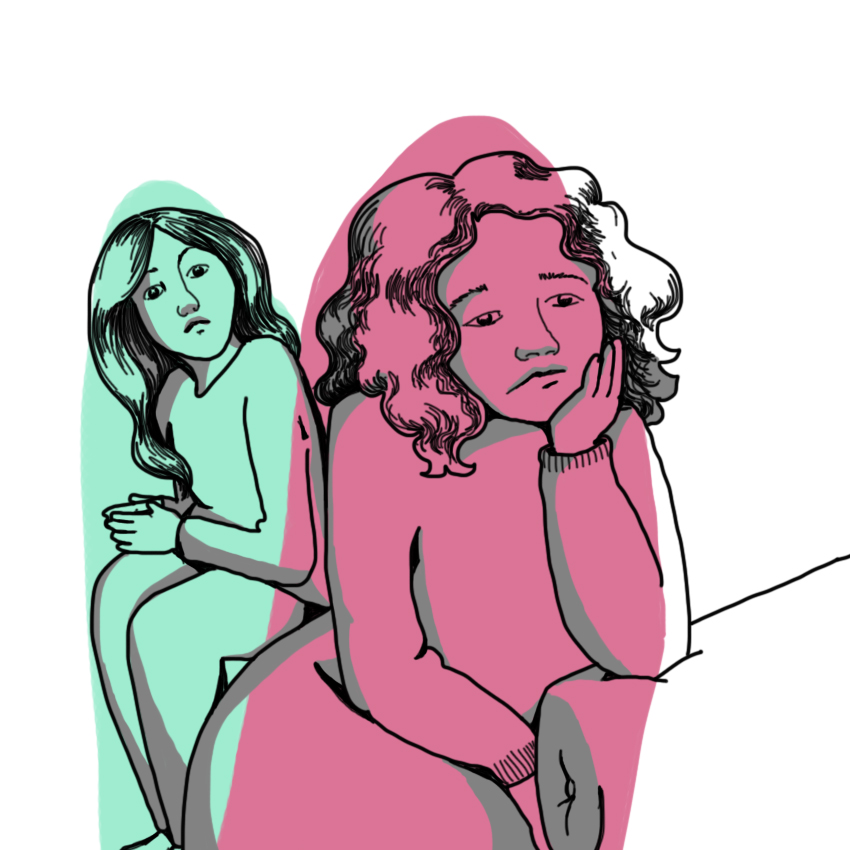
Who among us hasn't been in a relationship and let the inevitable ups and downs impact our behavior and mood from time to time?
But have you noticed that your friend is especially sad lately? Abusive partners often break down their victims emotionally, by discouraging or shaming them.
Of course, someone's down mood could be caused by a number of things, but as Rachel points out, "If you notice a change in the demeanor of someone who used to be cheery and hopeful, it's a sign that something could be going on. If you're seeing the other signs, too, you might be able to attribute their mood to the relationship."
5. You're Uncomfortable Around Your Friend's Partner
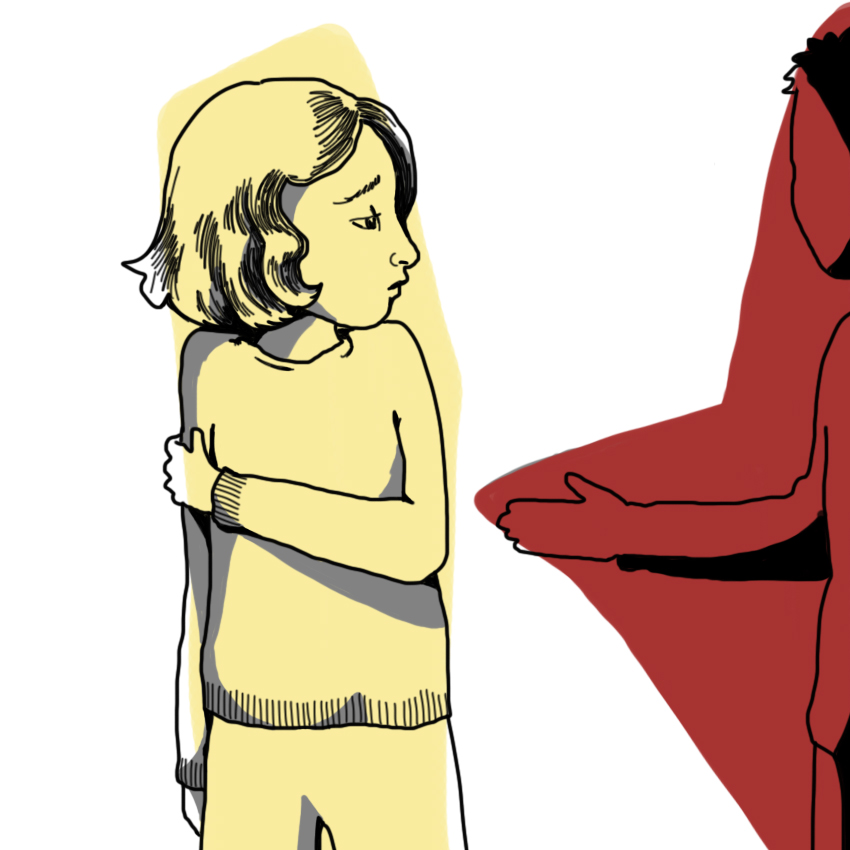
Do you get a bad feeling when you're around your friend's significant other? If so, you should probably trust your instincts.
It's certainly important to not jump to conclusions, but if you've noticed hints of abusive or controlling behavior with your own eyes, it's a huge sign that you should keep a close eye on your friend.
Rachel stresses that even if you notice small amounts of abuse unfold in front of you, it is important for you to not say anything to the abuser directly. Your friend — or even you might — bear the brunt of a confrontation.
6. She Frequently Has Visible Cuts Or Bruises
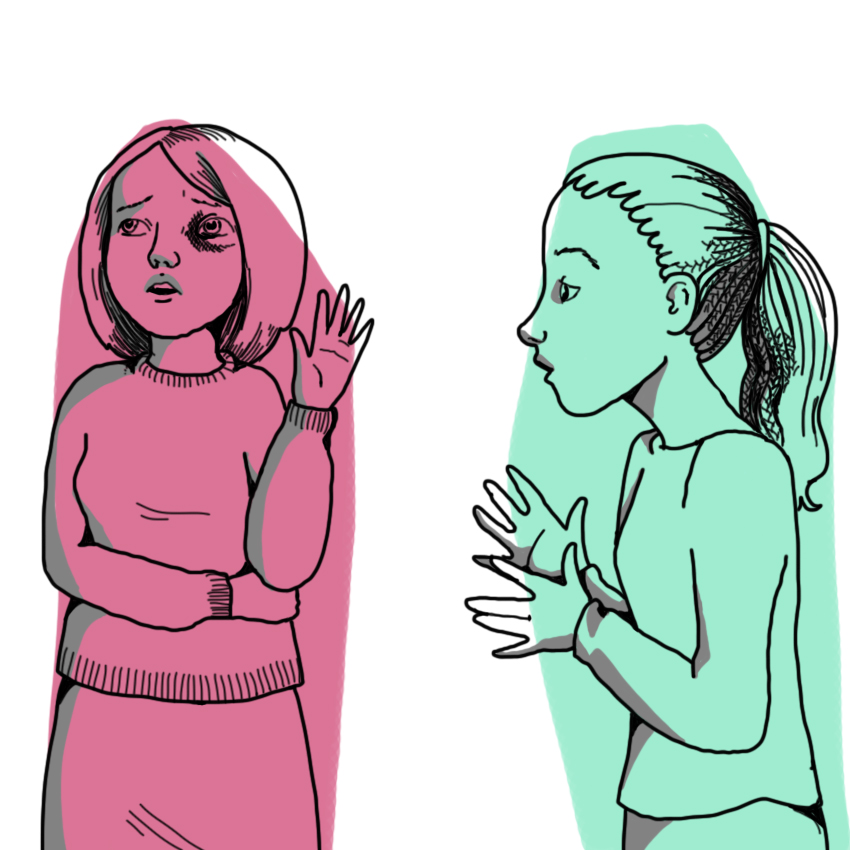
This seems fairly obvious, but if your friend regularly has cuts or bruises that she can't adequately explain, it's a very bad sign.
This could warrant a conversation with her about what's really going on, or for you to seek out help for her on your own.
Still, it's important to remember that just because your friend doesn't have signs of physical abuse, this doesn't mean it isn't happening. Furthermore, abuse can take many forms.
7. Something Is Off With How Your Friend's Partner Speaks To Her
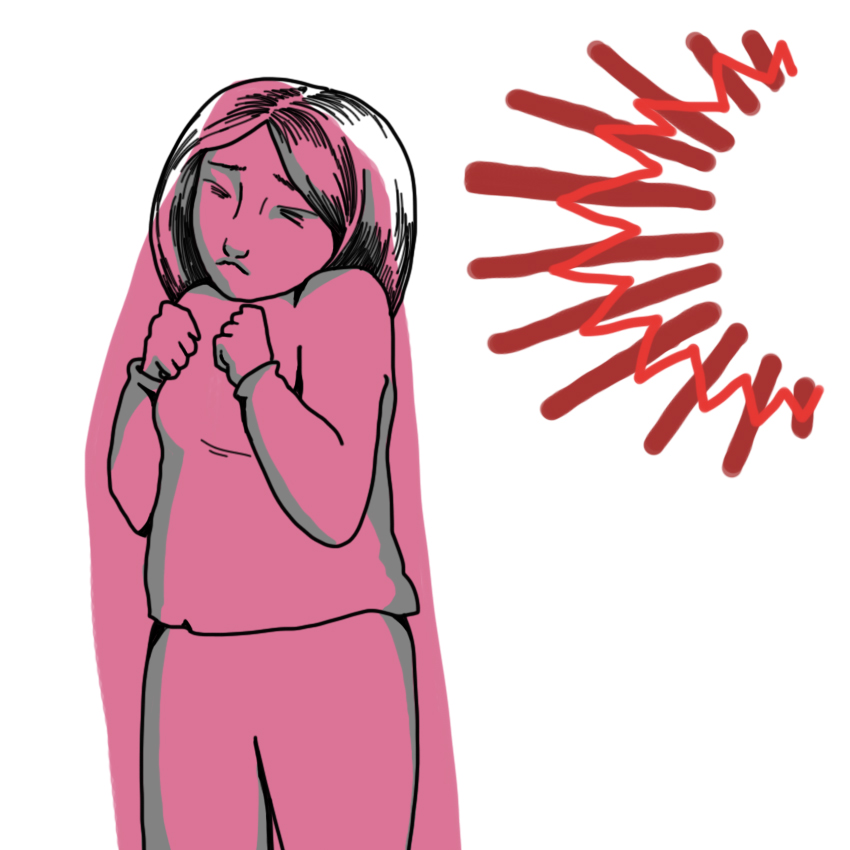
The way your friend's partner speaks to her can be very telling of what might be happening behind closed doors.
Does your friend's partner speak down to her or use language as a means of controlling her? If this is happening in front of you, it's almost definitely happening without you there.
8. She Puts Her Partner's Needs Before Her Own
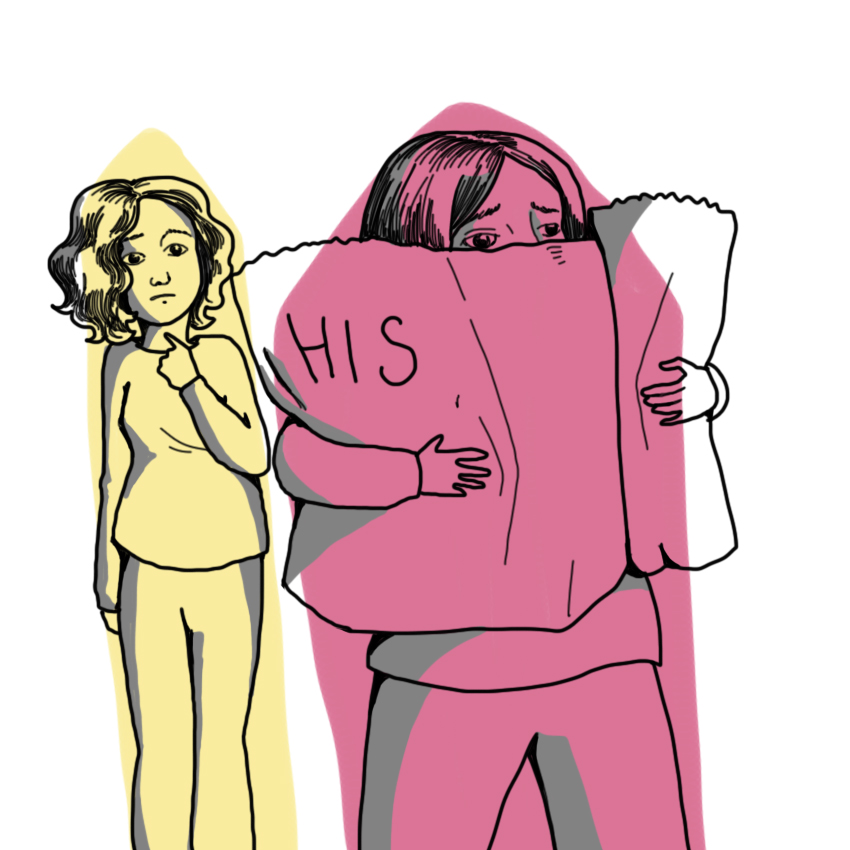
Rachel cautions that if your friend "feels like they can't prioritize their needs because they have to meet the needs of their partner," that the relationship could be entering or already in abusive territory.
Yet another sign to watch out for.
9. Her Partner Has A History Of Abusive Behavior
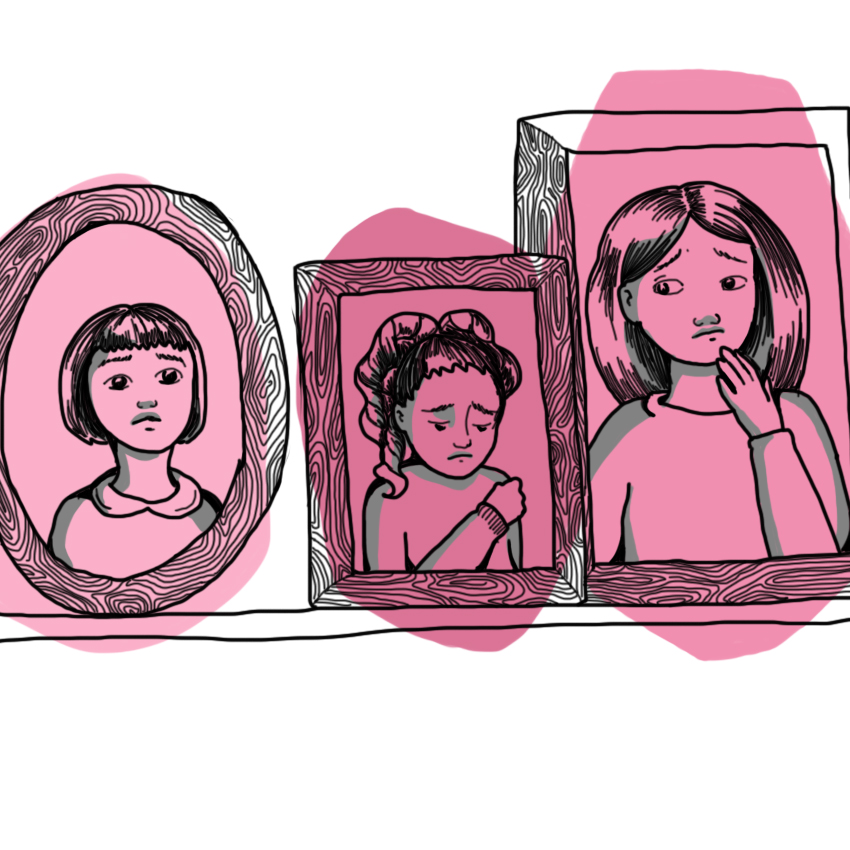
Chances are, you don't have access to your friend's partner's full personal history. That being said, there are some key clues to be mindful of which can be telling.
For instance, Rachel says "People who are abusive describe their past relationships… [in a way] that is extremely critical of their partner." If you take note of this, it could be a strong hint that something isn't right.
She goes on to say that the abuser may paint a picture of their past partners as "crazy" or "problematic."
Most importantly, abusive partners will often display "a lack of accountability for challenges in past relationships," adds Rachel.
10. She's Clearly Afraid To Admit There's A Problem
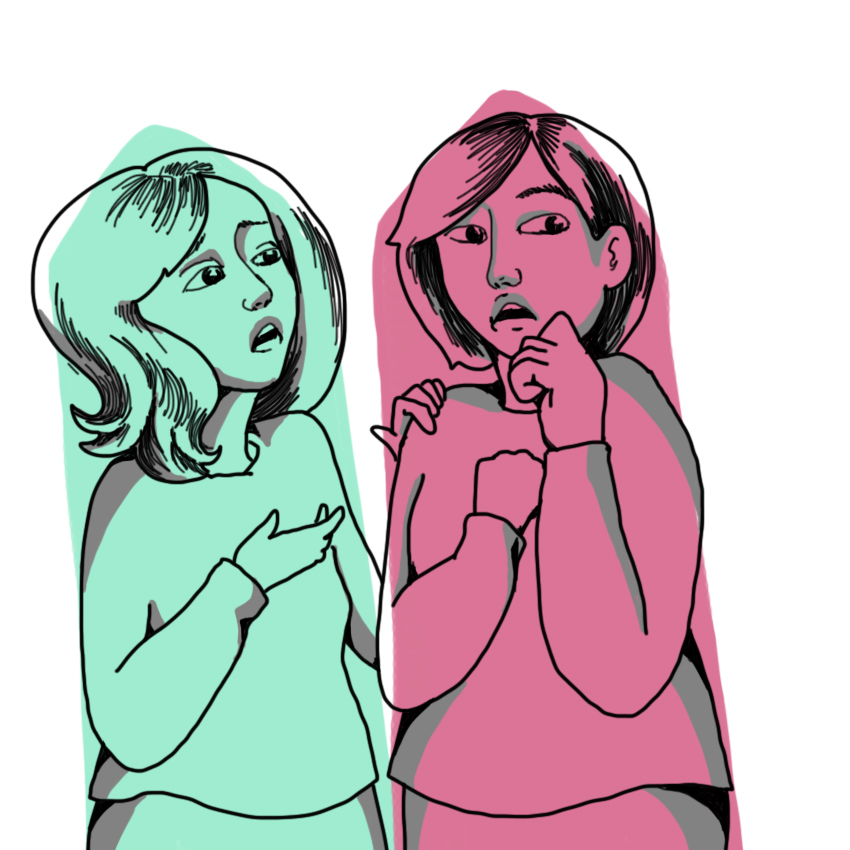
No one likes to admit that they are being treated poorly, especially by someone who is supposed to love and respect them.
Rachel explains that "people who are abusive don't admit to being abusive," which makes it all the more difficult for the victim to come to terms with what is happening to them.
Another issue Rachel points out is that people feel a lot of shame surrounding abusive relationships, which will make them less likely to openly admit that they are a victim of one.
All of this means that your friend might not be ready to volunteer that there is a problem, or in extreme cases, might not even be aware.
Something else that complicates admitting there's a problem could be that your friend may not be ready to leave the relationship, doesn't want you to hate her partner or is afraid to put either of you in more danger.
If you are afraid that your friend is in an abusive relationship, it's important to approach her with care and compassion. Rachel gives us an example opener: "I've noticed these changes and wanted to check in because I'm concerned about you."
She says it is very important not to blame the partner at this time, as the victim likely feels aligned with and even protective of them.
It's important to note that there are a number of resources for people in abusive relationships who aren't ready to leave their partners yet. Find out more about these, and more options at Safe Horizon.
Be sure to SHARE this information with your friends and family.
Please call The National Domestic Violence Hotline at 1-800-799-SAFE (7233) if you or anyone you know is experiencing abuse for help.



